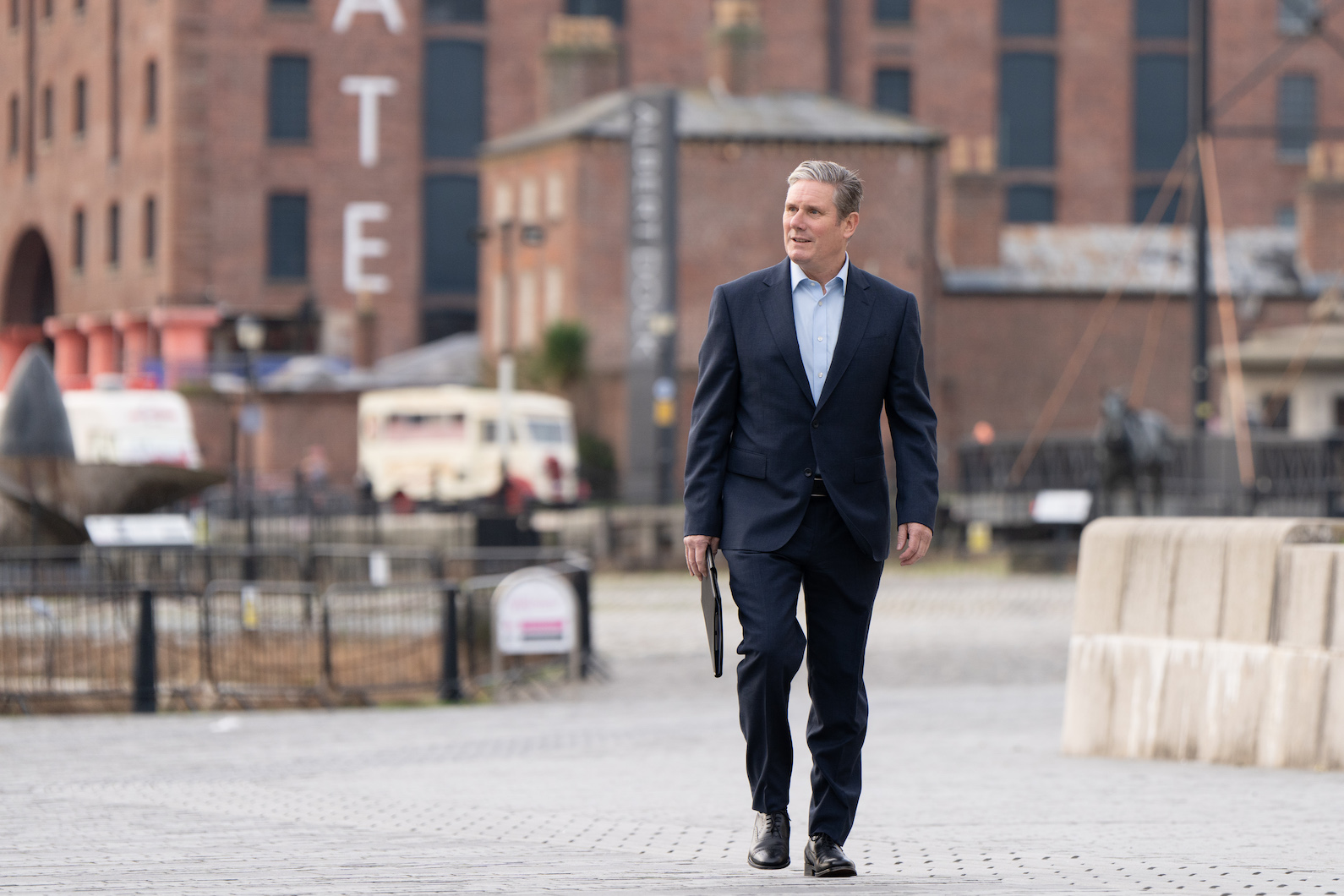Keir Starmer will accept that the decisions taken in the recent autumn statement will “constrain” what a government can do in a speech later today.
In an address to the Resolution Foundation, his first since the autumn statement, the Labour leader will insist his party will not “turn on the spending taps” in government.
He will reflect on the future of public sector spending and how that has changed since last month’s autumn statement.
In his address to the commons last month, chancellor Jeremy Hunt put the UK on course for another round of sweeping public sector cuts after the election to pay for, in part, £20 billion worth of tax cuts. The Office for Budget Responsibility (OBR) projected unprotected departments will see their budgets fall by 4.1 per cent every year over the next parliament


Starmer will say: “Anyone who expects an incoming Labour government to quickly turn on the spending taps is going to be disappointed.
“It’s already clear that the decisions the government are taking, not to mention their record over the past 13 years, will constrain what a future Labour government can do.”
He will add: “This parliament is on track to be the first in modern history where living standards in this country have actually contracted. Household income growth is down by 3.1 per cent and Britain is worse off.
“This isn’t living standards rising too slowly or unequal concentrations of wealth and opportunity. This is Britain going backwards. This is worse than the 1970s, worse than the recessions of the 1980s and 1990s, and worse even than the great crash of 2008.”
The Labour leader will prioritise growth in his speech today with a series of policies including planning reform, competitive business taxes and stronger labour protections.
He will say: “The defining purpose of the next Labour government, the mission that stands above all others, will be raising Britain’s productivity growth.”
He will added that growth “is a goal that for my Labour Party is now an obsession. That’s a big change for us. Having wealth creation as our number one priority, that’s not always been the Labour Party’s comfort zone.”
The speech comes after Keir Starmer appeared to praise former Conservative prime minister Margaret Thatcher in an op-ed for the Telegraph over the weekend.
In the piece, he said: “Every moment of meaningful change in modern British politics begins with the realisation that politics must act in service of the British people, rather than dictating to them. Margaret Thatcher sought to drag Britain out of its stupor by setting loose our natural entrepreneurialism.”
It prompted Humza Yousaf, the Scottish first minister who is seeking to thwart a Labour revival north of the border, described Starmer’s comments as “an insult” to Scotland.
“What Thatcher did to mining and industrial communities was not ‘entrepreneurialism’, it was vandalism”, he wrote on X, adding communities across the UK “still bear the scars of her disastrous policies”.
Speaking to BBC Radio 4 on Sunday, Starmer defended the article, saying: “The point I’m making in the article really is that you can distinguish political leaders, certainly in the post-war period, into those that had a plan and those that drifted essentially.”
Thatcher “did have a plan for entrepreneurialism, had a mission”, he said “It doesn’t mean I agree with what she did but I don’t think anybody could suggest that she didn’t have a driving sense of purpose.
“The characteristic of an incoming Labour government — if we’re privileged enough to come in to serve — will be this sense of mission, this sense of having a plan that we’re operating to, a driving sense of purpose.”
Pat McFadden, Labour’s national campaign coordinator, told Sky News this morning: “I recognise [Thatcher] won three times.
“I would hope if we were going to win elections, we would make change with the same determination but not in the same direction.”
Politics.co.uk is the UK’s leading digital-only political website, providing comprehensive coverage of UK politics. Subscribe to our daily newsletter here.

